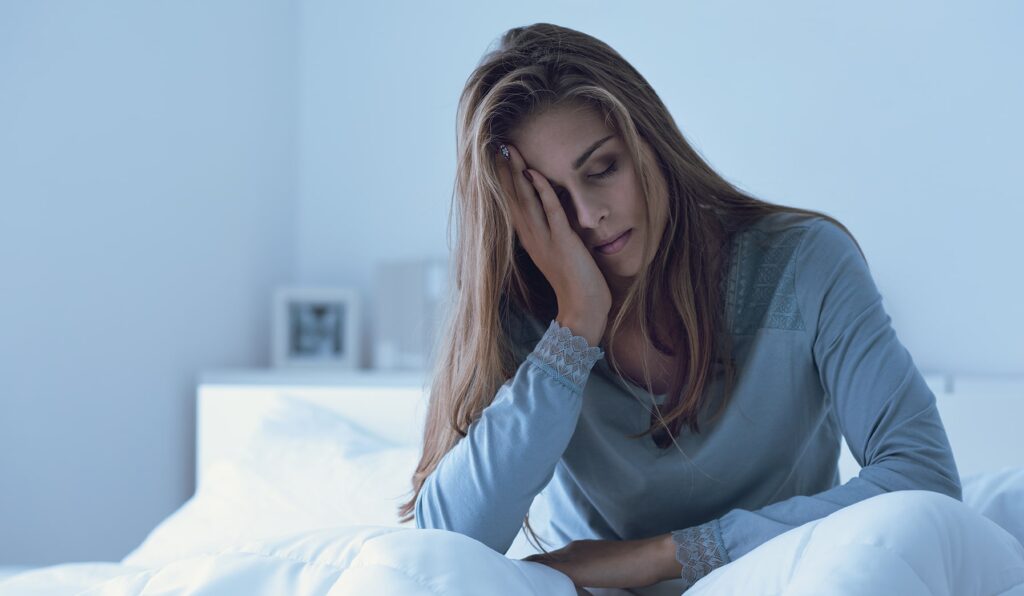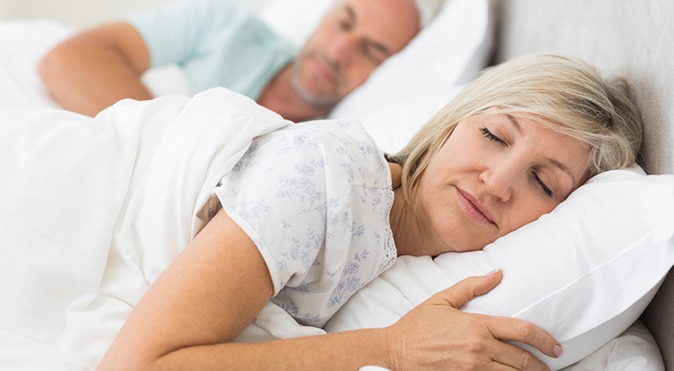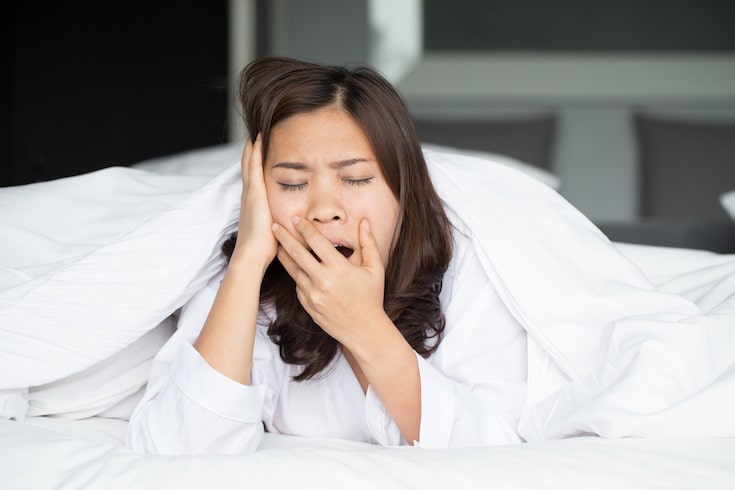
Does it feel like you’re the only one lying awake at night? Trust us, you’re not. In fact, the Better Sleep Council’s 2021 State of America’s Sleep study finds a growing percentage of Americans are battling poor sleep. Yet more people than ever report sleeping great too. It seems there’s no in-between when it comes to sleep. And the reasons you’re not getting your zzz’s can be as obvious as they are complex.
For the third year in a row, we surveyed 2,000 Americans to gauge sleep quality and monitor sleep trends. And like so many things in 2020, when this study was fielded, sleep was more polarized than ever.
“The percentage of people we classify as poor sleepers has gone up 6% since our first study in 2019,” says Mary Helen Rogers, vice president of marketing and communications. “At the same time, the number of excellent sleepers has also risen, up 2% in the same time period. There’s hardly anyone in the middle anymore.”
The Great COVID-19 Pandemic Wedge
No surprise here, but the COVID-19 pandemic has played a big role in pushing us to sleep extremes. Both direct and indirect effects of the pandemic appear to have a bearing on who’s getting restful sleep and who’s struggling as of late.
- Poor sleepers were 3 times more likely than excellent sleepers to have been diagnosed with a medical condition in the last 12 months. They were nearly twice as likely (17% versus 10% respectively) to have lost a loved one in that time too. While we can’t draw a direct connection to the COVID-19 pandemic in either case, the sheer numbers of widespread illness and death suggest that the disease contributed to lack of sleep and sleepless nights for many.
- Excellent sleepers were able to save for college (70%) and home expenses (63%) in the last year. And more than one-third (37%) feel good about the economy. It’s likely that these folks held on to their jobs throughout the lockdowns, felt secure about their financial standing, and may have used stimulus payments as windfalls for their nest eggs.
- On the other side of the mattress, two out of five poor sleepers say their financial situation has worsened in the last year. Almost half (48%) feel like their mental/emotional health has suffered during the pandemic as well. Income pressures and isolation were daily stressors (in turn, sleep blockers) for many throughout 2020.
Better Sleep Starts with Better Habits
Many factors that impact our sleep are beyond our control. But our study finds a number of personal lifestyle choices may define our status as an excellent or poor sleeper too.
- Three-quarters (74%) of excellent sleepers regularly exercise, with nearly one-third (32%) increasing their activity in the last year. On top of that, excellent sleepers are 7 times more likely than poor sleepers to say they enjoy exercise. So, try putting on a smile with your yoga pants if you want to sleep better.
- Poor sleepers report significant increases in screen time (42%) and alcohol consumption (22%) in the past year. And as we know, blue light and booze are not good for sleep.
“In addition to practicing good sleep hygiene, I encourage people to assess their mattress situation,” says Rogers. “Consciously putting good sleep habits into practice won’t do much good if you retire to a lumpy or sagging mattress from the ‘90s.”
Which Side Are You On?
Think you’re an excellent sleeper? Or is sleep just a nightmare for you? See how your experience stacks up with the rest of the nation. Dive into the full results of our 2021 State of America’s Sleep study:
- Learn if people in cities or in the country tend to sleep better.
- Find out if a Boomer sleeps more soundly than a Millennial.
- See who’s more likely to use noise machines at night.
- Discover how much an excellent sleeper earns per year versus a poor sleeper.
- Read up on these and dozens of other sleep traits – good and bad.

This blog provides general information about sleep and sleep products. The words and other content provided in this blog, and in any linked materials, are not intended to replace a one-on-one relationship with a qualified healthcare professional. This blog should not be construed as medical advice or used to diagnose, treat, prevent or cure any disease or condition. If the reader or any other person has a medical concern, he or she should consult with an appropriately licensed physician or other healthcare professional. This blog is not a substitute for professional medical advice, diagnosis or treatment, and should not be relied upon to make decisions about your health or the health of others. Never disregard professional medical advice or delay in seeking it because of something you have read on this blog or elsewhere on bettersleep.org. If you think you may have a medical emergency, immediately call your doctor or dial 911.



